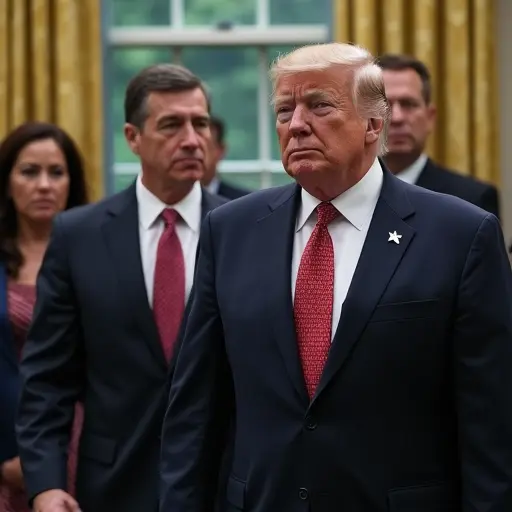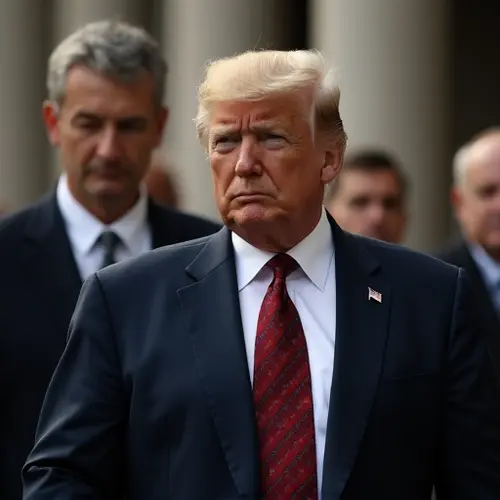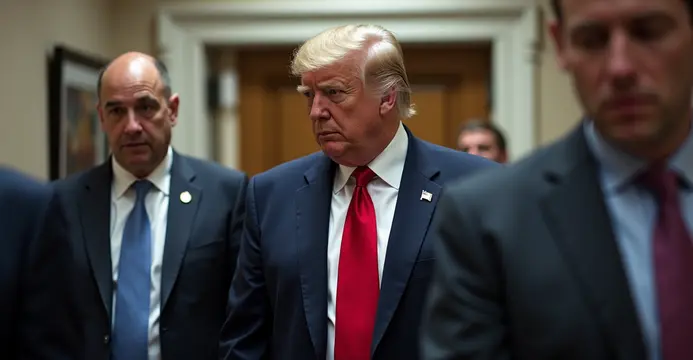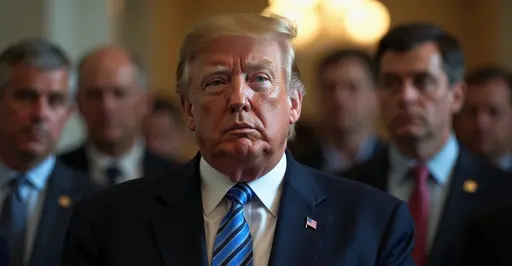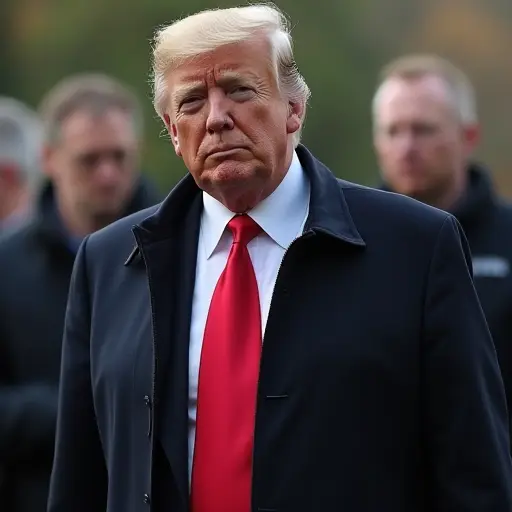
President Trump has been using his pardon power extensively to clear convictions for his allies, including a corrupt sheriff, a fraudulent reality TV star, and a congressman who evaded taxes. Legal expert Kenneth Manusama describes this as treating pardons like 'gifts to hand out,' highlighting the corruption risks involved.
The presidential pardon process has few restrictions, allowing Trump to bypass Congress and judicial oversight. Historically, clemency served as a corrective mechanism, but Trump's actions, like pardoning Capitol rioters, have raised concerns about favoritism and undermining justice.
Recent cases, such as the pardon of healthcare executive Paul Walczak after his mother donated to Trump, illustrate the transactional nature of these decisions. Critics argue this fosters a culture of impunity for white-collar crime.

 Nederlands
Nederlands
 English
English
 French
French
 Deutsch
Deutsch
 Espaniol
Espaniol
 Portugese
Portugese





